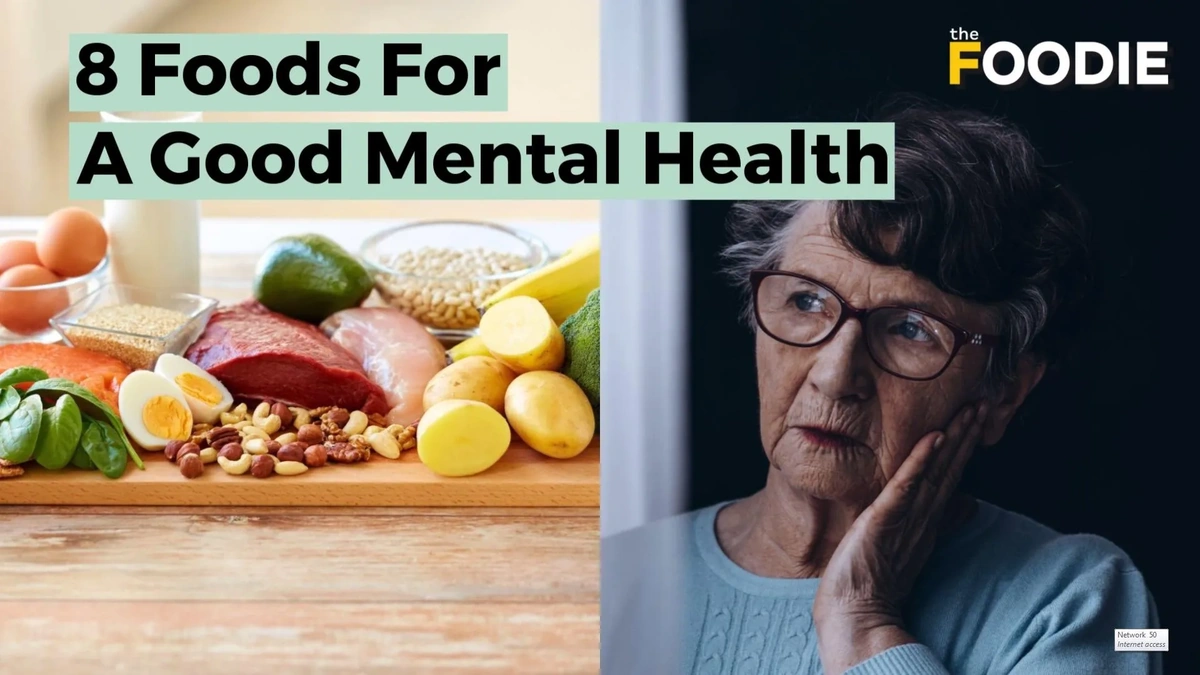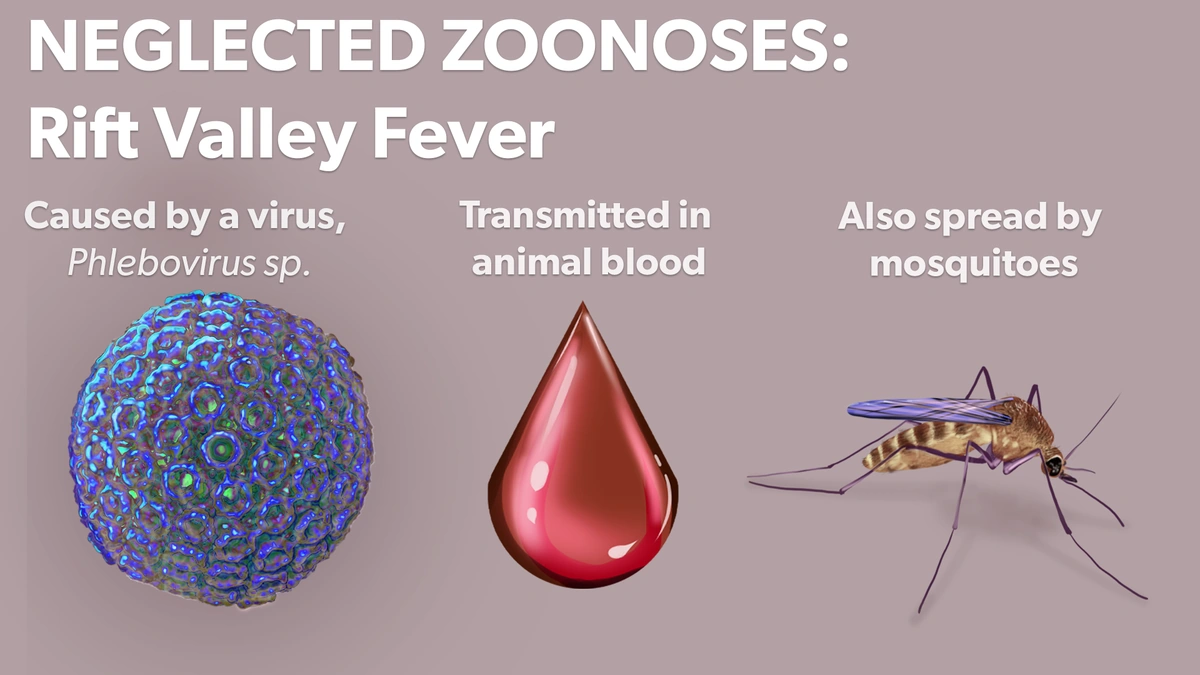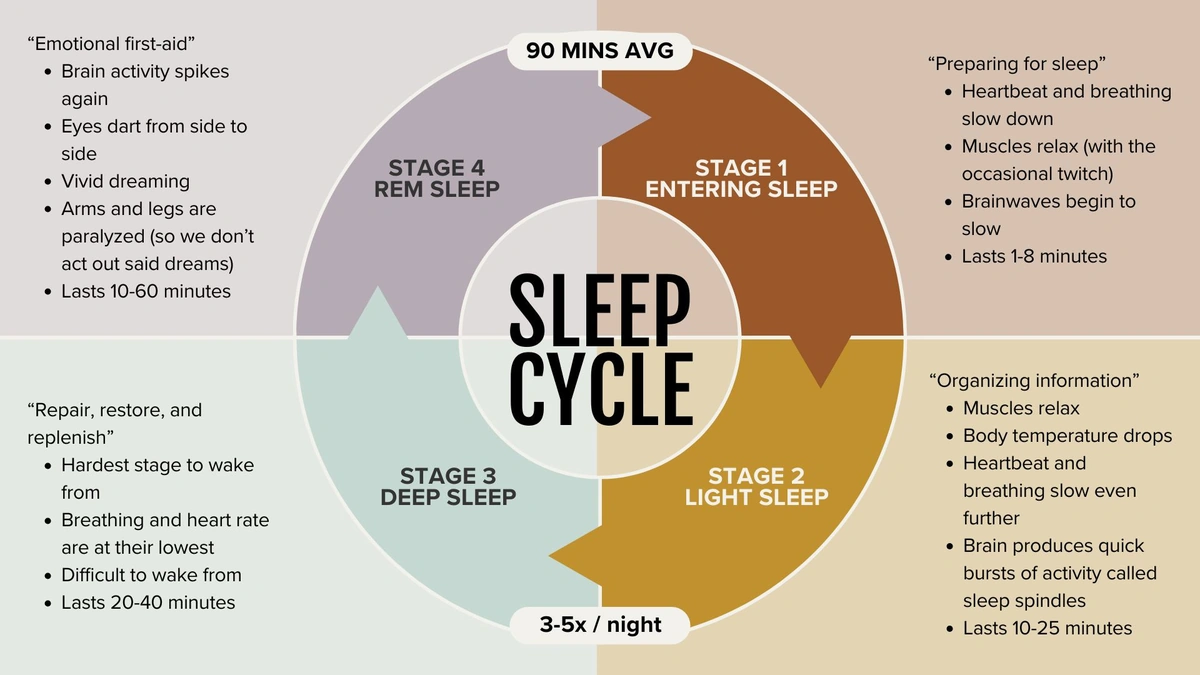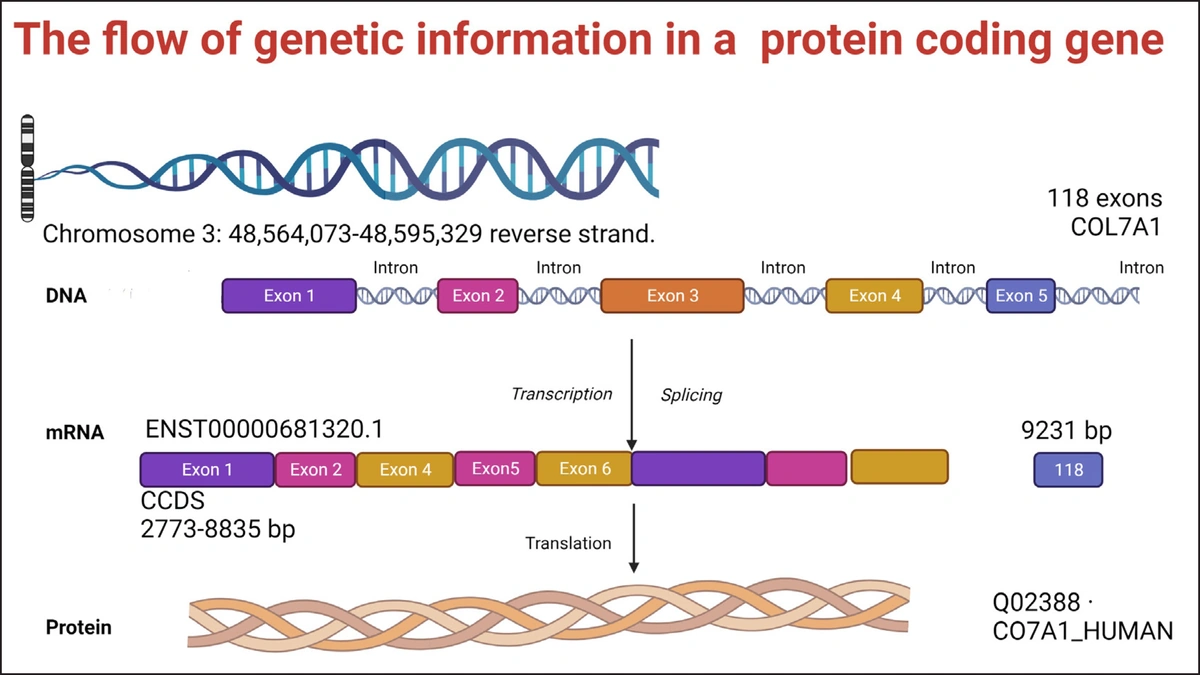World Mental Health Day 2025 | 7 Foods Experts Link to Better Mental Health
World Mental Health Day is around the corner (October 10th, mark your calendars!), and let’s be honest, the usual advice can feel a little…blah. “Get enough sleep!” “Meditate!” Yeah, yeah, we know. But what if I told you there’s something else you could be doing something that involves delicious, real food? That’s right, we’re diving into the fascinating world of mental health foods .
What fascinates me is how intrinsically linked our minds and guts are. I mean, we’ve all experienced that “gut feeling,” right? Turns out, there’s actual science behind it. And, as experts increasingly acknowledge, what we eat directly impacts our mood, stress levels, and even long-term mental well-being. So, let’s skip the generic advice and get real about the 7 foods that could be your brain’s new best friends.
The Gut-Brain Connection | Why Food Matters More Than You Think
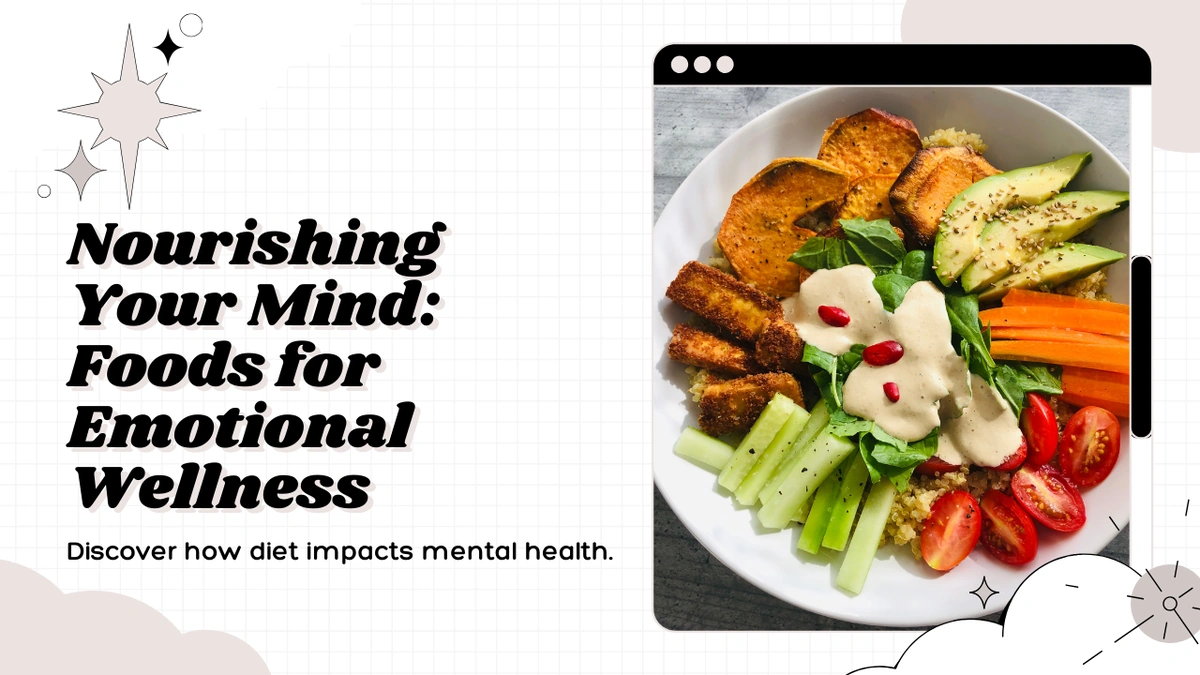
Okay, before we jump into the grocery list, let’s quickly unpack this whole “gut-brain axis” thing. It might sound a bit sci-fi, but it’s actually quite straightforward. Your gut is teeming with trillions of bacteria, fungi, and other microorganisms – it’s called the gut microbiome . This microbiome isn’t just digesting your food; it’s also producing neurotransmitters like serotonin, dopamine, and GABA – all crucial for regulating mood, sleep, and anxiety. A common mistake I see people make is ignoring this connection and only focusing on mental exercises. But, according to recent studies highlighted on Harvard Health , a balanced diet plays a vital role in mental wellness.
Think of it like this: if your gut is a happy, thriving ecosystem, it’s sending positive signals to your brain. But if it’s a chaotic wasteland of processed foods and sugar, well, that’s when the trouble starts. Inflammation, nutrient deficiencies, and imbalances in gut bacteria can all contribute to mood disorders, anxiety, and even depression. So, nurturing your gut is like sending a love letter to your brain. Makes sense, right?
7 Mental Health Powerhouses to Add to Your Plate
Alright, let’s get to the good stuff. These aren’t just random healthy foods; these are specifically linked to improved mental well-being. This is where the rubber meets the road, and your next trip to the market could be a step towards a brighter mood.
- Fatty Fish (Salmon, Mackerel, Sardines): Rich in Omega-3 fatty acids, these are like brain food on steroids. Omega-3s are essential for brain function and have been shown to reduce symptoms of depression and anxiety. What fascinates me is how consistently studies demonstrate the positive impact of omega-3 fatty acids on cognitive function.
- Leafy Greens (Spinach, Kale, Collard Greens): Packed with folate, vitamins, and minerals, these are essential for neurotransmitter production. Low folate levels have been linked to depression. And let’s be honest, Popeye was onto something.
- Berries (Blueberries, Strawberries, Raspberries): Full of antioxidants, berries protect your brain from oxidative stress and inflammation, which can contribute to mood disorders. Plus, they’re delicious! Blueberries, in particular, are often cited for their cognitive benefits.
- Nuts and Seeds (Almonds, Walnuts, Chia Seeds, Flaxseeds): These are great sources of healthy fats, protein, and fiber, which help stabilize blood sugar levels and provide sustained energy for your brain. Walnuts, with their high omega-3 content, are a particularly good choice.
- Fermented Foods (Yogurt, Kefir, Sauerkraut, Kimchi): Remember that gut-brain connection we talked about? Fermented foods are packed with probiotics, which help promote a healthy gut microbiome. A healthy gut can then lead to improved mood and reduced anxiety.
- Legumes (Beans, Lentils, Chickpeas): Excellent sources of plant-based protein, fiber, and B vitamins, legumes help regulate blood sugar and provide sustained energy, preventing mood swings. They also contribute to a healthy gut.
- Dark Chocolate (70% Cacao or Higher): Yes, you read that right! Dark chocolate is rich in flavonoids, which have antioxidant and anti-inflammatory properties. It can also boost serotonin levels, leading to improved mood. But, moderation is key – we’re talking a square or two, not the whole bar!
Simple Swaps, Big Impact | How to Integrate These Foods Into Your Diet
Okay, I know what you’re thinking: “That’s a lot of healthy stuff!” But don’t feel overwhelmed. You don’t need to overhaul your entire diet overnight. The one thing you absolutely must do is start small and make simple swaps. Start from incorporating probiotics for example.
Here are a few ideas:
- Swap sugary cereal for oatmeal with berries and nuts.
- Add a side of leafy greens to your lunch or dinner.
- Snack on a handful of almonds instead of chips.
- Incorporate fermented foods like yogurt or kefir into your breakfast routine.
- Choose dark chocolate over milk chocolate for a healthier treat.
See? It’s not about deprivation; it’s about making smarter choices. You can also explore incorporating certain dietary supplements to complement your intake of nutrient-rich foods .
Beyond Food | A Holistic Approach to Mental Well-being
While food plays a significant role in mental health, it’s important to remember that it’s just one piece of the puzzle. A holistic approach to mental well-being involves addressing other factors, such as sleep, exercise, stress management, and social connection. Think of it like this: food is the foundation, but the other factors are the walls and roof that complete the structure. Sometimes seeking guidance from a registered dietitian or mental health professional can provide personalized strategies for optimizing both your diet and overall well-being. Learn more about maintaining healthy vision while working from home at this site.
Let me rephrase that for clarity. Focusing solely on mental health foods while neglecting other aspects of your life won’t magically cure all your problems. It’s about creating a balanced and sustainable lifestyle that supports both your physical and mental health.
The Long Game | Building a Better Brain, One Bite at a Time
The truth is, there’s no quick fix when it comes to mental health. It’s a journey, not a destination. But by incorporating these mental health foods into your diet and adopting a holistic approach to well-being, you can build a stronger, more resilient brain, one bite at a time. It might feel like a small step, but it’s a step in the right direction. And who knows, maybe that kale smoothie will actually make you smile (eventually!). Also, be sure to protect yourself against any rare diseases; a detailed article can be found here .
FAQ | Your Burning Questions About Food and Mood, Answered
Frequently Asked Questions
Will eating these foods instantly cure my depression or anxiety?
No, these foods are not a magic cure. They can support your mental health as part of a balanced diet and lifestyle, but they are not a replacement for professional treatment.
What if I don’t like some of these foods?
That’s perfectly fine! Focus on the foods you do enjoy and find creative ways to incorporate them into your diet. There are countless recipes and variations to explore.
How quickly will I see results?
It varies from person to person. Some people may notice a difference in a few weeks, while others may take longer. Consistency is key.
Can I eat too much of these “mental health foods”?
Yes, moderation is important. Even healthy foods should be consumed in balanced amounts as part of an overall varied diet.
What about sugar and processed foods? How do they affect my mood?
Excessive sugar and processed foods can lead to blood sugar spikes and crashes, inflammation, and gut imbalances, all of which can negatively impact your mood and mental health. It’s best to limit your intake of these foods.
Should I consult a doctor before making dietary changes?
If you have any underlying health conditions or are taking medications, it’s always a good idea to consult with your doctor or a registered dietitian before making significant dietary changes.
